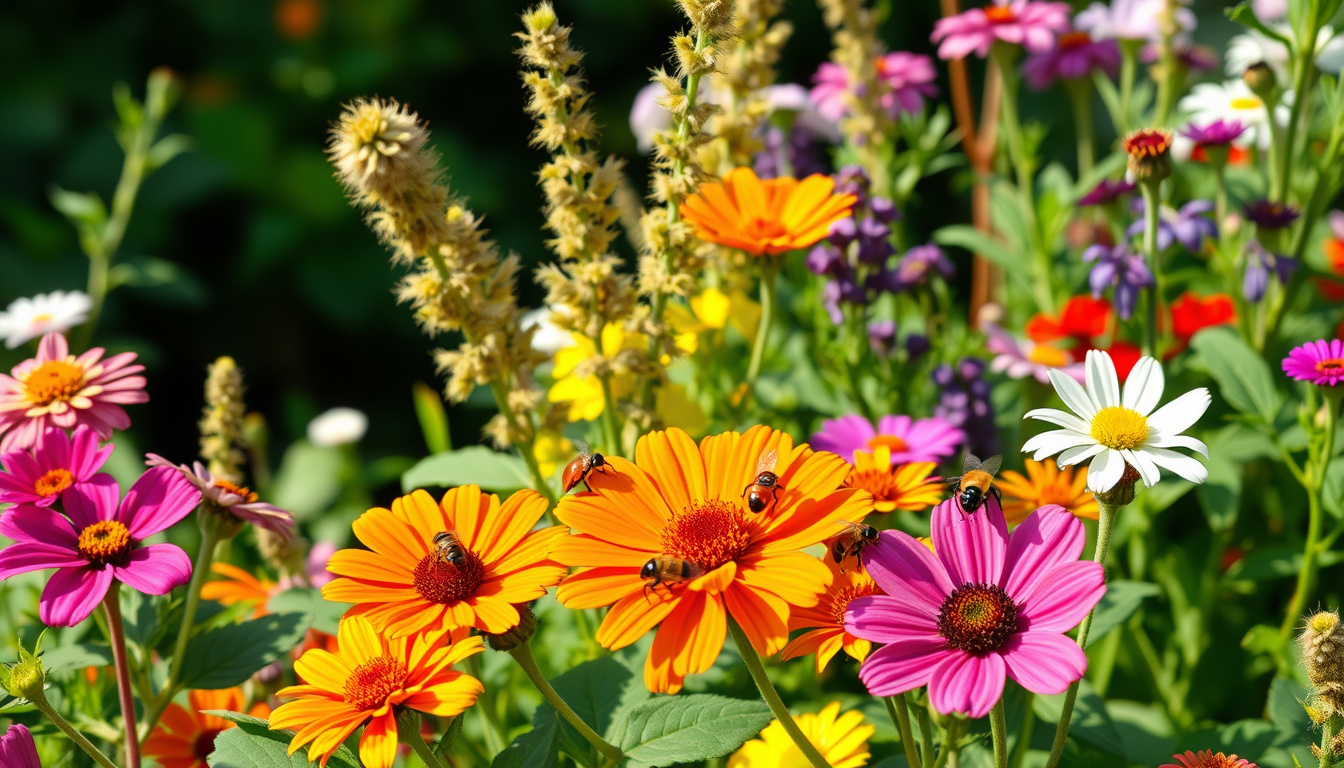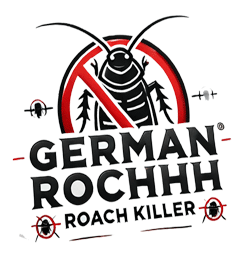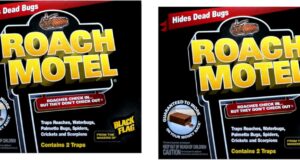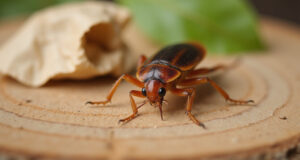
In the quest for a bountiful and lively garden, your plants’ health comes first. Pests attack and harm crops and flowers. Many gardeners used chemical sprays. Now more choose natural insecticides. This guide explains natural insecticides, shares their good points, and shows how to use them in your garden.
Understanding Natural Insecticides
Natural insecticides come from nature. They are safer than man-made chemicals. They work by breaking pest life cycles or by hurting pests. They do not harm helpful insects, pets, or the earth. This method helps your soil and plants. It also supports long-lasting gardening practices.
Benefits of Using Natural Insecticides
-
Safe for Bees and Pollinators
Chemical sprays often harm bees and others. Natural sprays keep these insects safe. -
Lower Exposure to Harmful Chemicals
Using natural insecticides cuts down on harmful chemicals. This change builds a safe space for you and your family. -
Support for Long-Lasting Gardening
These products fit a way of gardening that cares for the earth. They help you protect your garden for years to come. -
Better Soil Health
Many natural insecticides spare the good bugs that work in your soil. They help keep the earth rich and alive.
Effective Natural Insecticides for Your Garden
Now you know the benefits. Here are some products that keep pests away.
1. Neem Oil
Neem oil comes from the seeds of the neem tree. It works on pests like aphids, mites, and whiteflies. Its active part stops pests from feeding or growing.
• How to Use: Mix neem oil with water and a few drops of soap. Spray it directly on affected plants. Repeat every one to two weeks until pests drop.
2. Diatomaceous Earth (DE)
Diatomaceous earth is a natural rock ground to a fine powder. It dries and harms the outer layer of insects like slugs, beetles, and cockroaches.
• How to Use: Dust DE around the base of plants and on the leaves. Use it when conditions are dry.
3. Insecticidal Soap
Insecticidal soap comes from plant oils. It works on soft-bodied pests such as aphids, mealybugs, and spider mites. It stops pests from breathing by breaking their cell walls.
• How to Use: Spray the soap on infested areas. Make sure the spray covers well. Reapply every few days until pests drop.
4. Garlic Spray
Garlic spray uses the strong smell of garlic to keep many pests away. It helps stop aphids, whiteflies, and beetles while being gentle on helpful bugs.
• How to Use: Blend garlic cloves with water. Strain the mixture and spray it on your plants. Reapply every week or after rain.
5. Hot Pepper Spray
Hot pepper spray uses the heat of peppers to upset pests. The spice hurts the mouths of insects. This makes your plants less tasty to them.
• How to Use: Mix crushed hot peppers or pepper flakes with water. Strain the mix and spray on plants. It works well in vegetable gardens.
Tips for Successful Use of Natural Insecticides
• Test on a small area first. Watch how the plant reacts before covering it fully.
• Apply early in the morning or late in the afternoon. This step helps keep helpful insects safe.
• Keep plants clean from dust so the spray works best.
• Watch your plants often for signs of pests. Change your routine if needed.
Conclusion
Natural insecticides help protect your garden. They work with safe methods that care for the earth. With many choices, you can find one that fits your needs. Rely on nature to keep pests away. Happy gardening!




